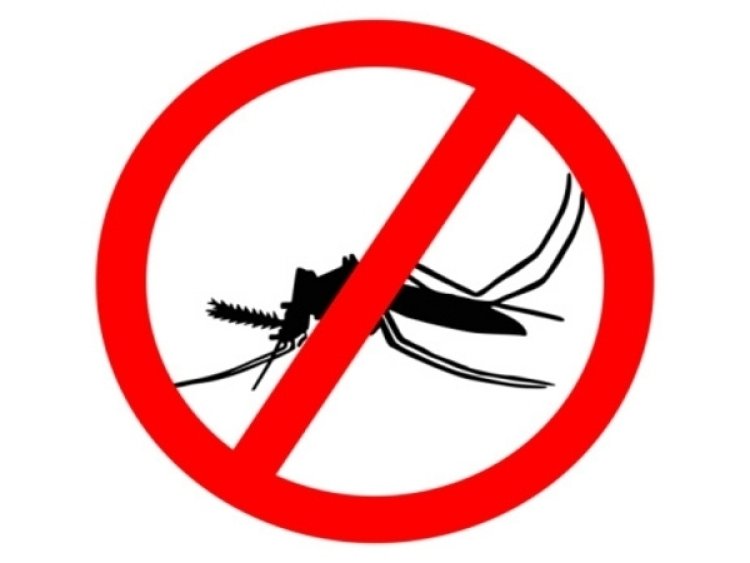Avoid Dengue by Preventing Mosquito Bites
Preventing mosquito bites is the most effective way to reduce your risk of contracting the virus.

Avoid Dengue by Preventing Mosquito Bites
Dengue is a mosquito-borne viral infection that is transmitted primarily by Aedes mosquitoes, particularly Aedes aegypti. While there is no specific vaccine or antiviral treatment for dengue, you can take several measures to reduce your risk of contracting the disease:
Mosquito Control:
Eliminate mosquito breeding sites: Mosquitoes that transmit dengue virus breed in standing water. Remove or empty containers that can collect and hold water, such as flower pots, buckets, and old tires.
Cover water storage containers: Use lids or screens to cover water storage containers like barrels and tanks.
Keep gutters clean and unclogged: Clogged gutters can hold stagnant water, creating potential breeding sites for mosquitoes.
Use Mosquito Repellent:
Apply mosquito repellent to exposed skin and clothing when you are outdoors, especially during dawn and dusk when Aedes mosquitoes are most active. Use repellents containing DEET, picaridin, or oil of lemon eucalyptus.
Wear Protective Clothing:
Wear long-sleeved shirts, long pants, socks, and shoes to minimize exposed skin.
Use Bed Nets:
If you live in or are traveling to an area with a high risk of dengue, use mosquito nets treated with insect repellent over your bed.
Stay in Air-Conditioned or Screened-In Accommodations:
If possible, stay in accommodations with air conditioning or window and door screens to prevent mosquitoes from entering your living spaces.
Be Aware of Local Outbreaks:
Stay informed about the dengue situation in your area or any areas you plan to visit. Public health authorities often issue warnings and advisories during dengue outbreaks.
Support Community Efforts:
Participate in community-based mosquito control and prevention efforts, such as local clean-up and education campaigns.
Seek Medical Care if You Suspect Dengue:
If you experience symptoms such as high fever, severe headache, pain behind the eyes, joint and muscle pain, rash, and bleeding, consult a healthcare professional promptly. Early diagnosis and medical care can help manage the disease and reduce complications.
Protect Against Multiple Mosquito-Borne Diseases:
In some regions, mosquitoes may carry other diseases like Zika and chikungunya. Take precautions against these diseases as well, as the prevention methods often overlap.
Also read: Best Yoga Poses of Winter Season
It's essential to take these preventive measures seriously, as dengue can be a severe illness, and there is no specific treatment. By reducing your exposure to mosquitoes and their breeding sites, you can lower your risk of contracting the virus.














